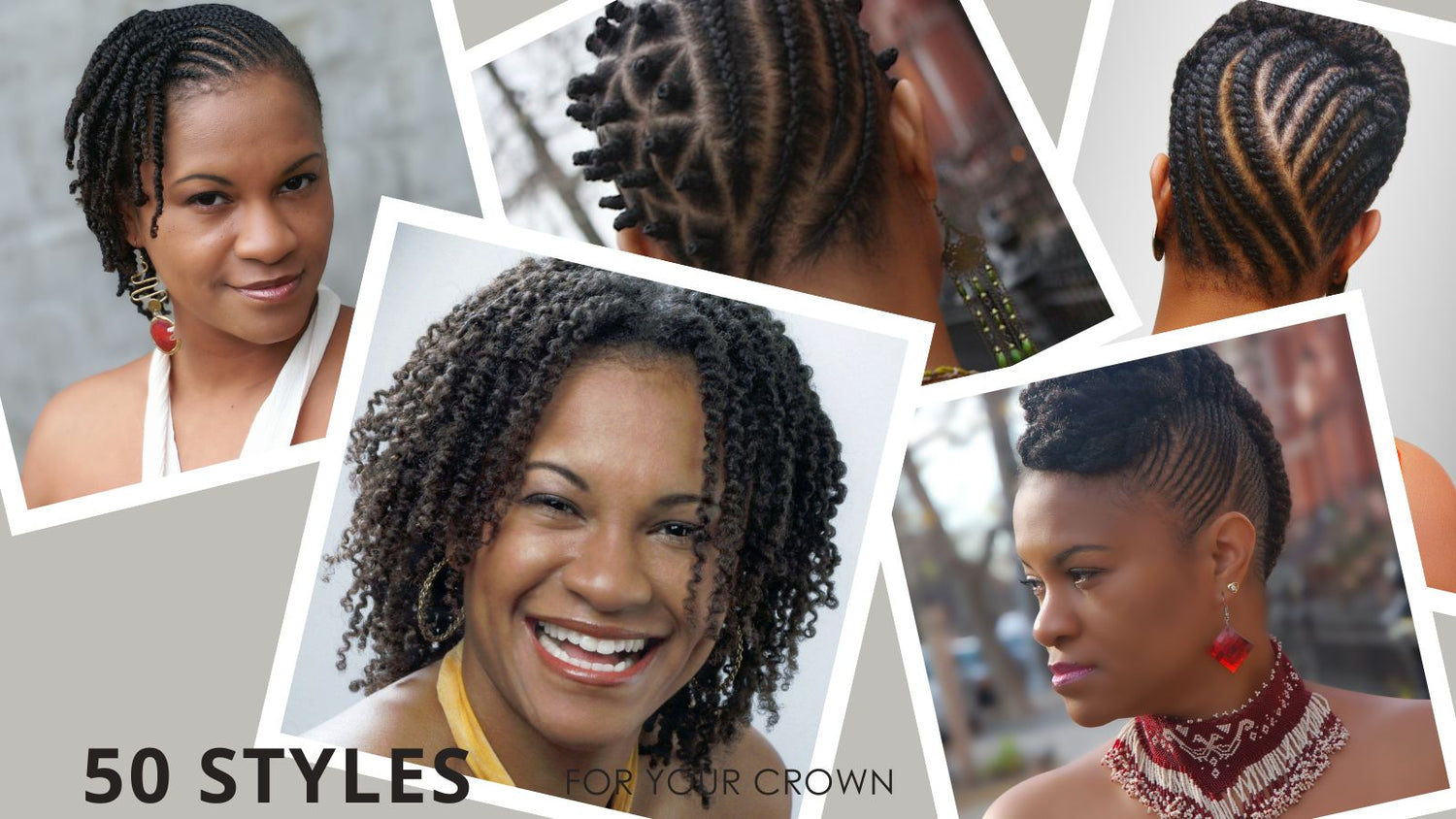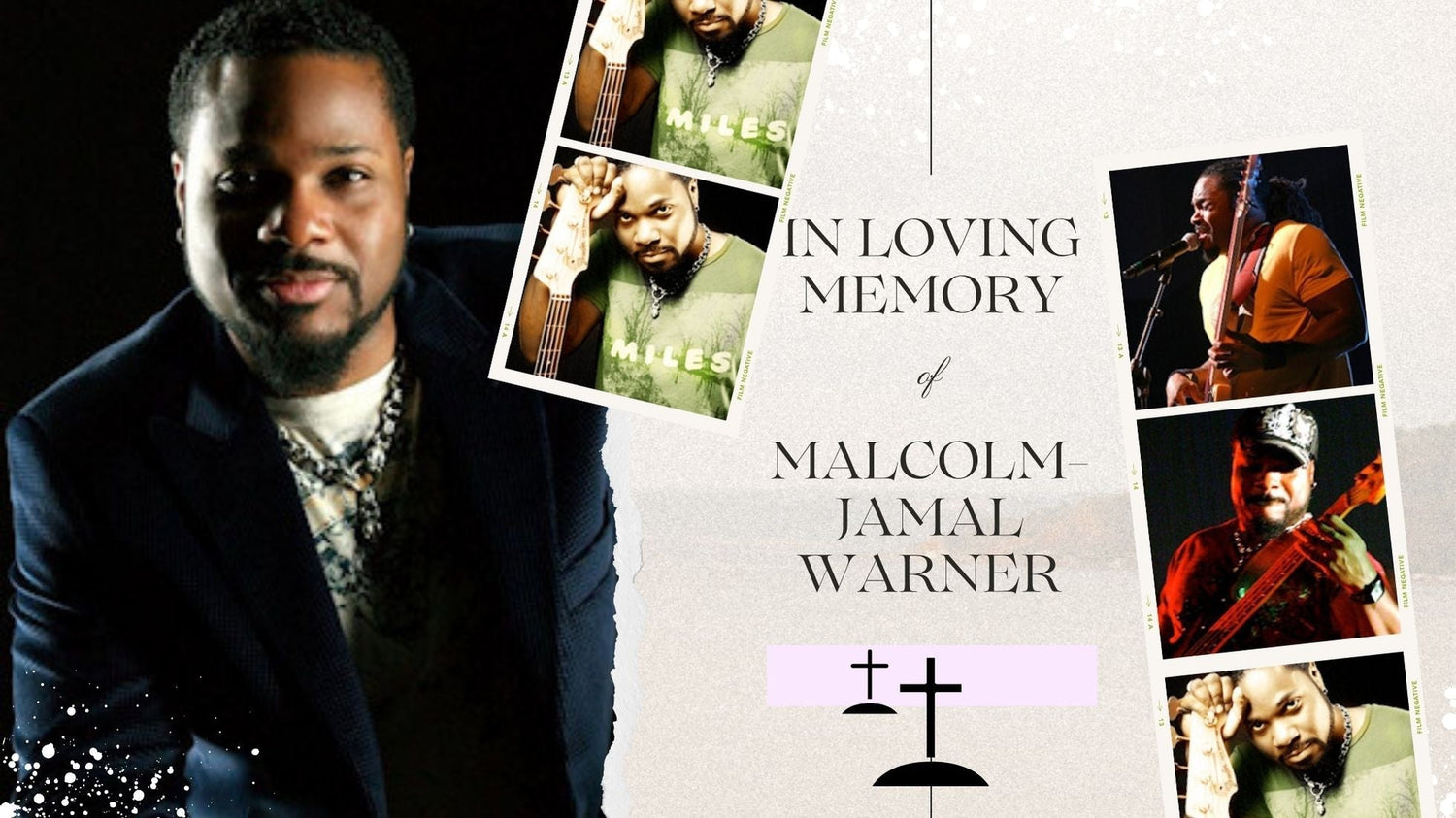
The panel: Jahel Tam (Hair Doctor), Sherina Leerdam (The Big Chop), Sherlon Gerard (Miss Black Hair Netherlands), Mireille Liong, Rachel Tokromo (Changing Women), Daphne Baloe (Daffie Be Proud), Farida Waterberg ( AfroGold Hair Care)
On November 3rd, I had the honor to moderate a panel at DBUFF, the Da Bounce Urban Film Festival in Amsterdam, the Netherlands. DBUFF, celebrating its 5th anniversary, featured 35 movies from Black directors. One weekend long an audience could enjoy a wide variety of films from Hollywood to independent productions covering themes from racism to Black literature and of course comedy.
I couldn't wait to watch and moderate The Big Chop and Changing Women, two films by women from the Dutch Diaspora. Both films were inspiring in their own way, yet they were also quite different.
Changing Women
Changing Women is a short, sharing the journey of director Rachel Tokromo coming to self acceptance by doing the big chop ceremonially. As short as it is, it is deeply touching, inspiring and uplifting celebrating the freedom of self love. A beautiful poem lovingly yet powerfully carries the message we see on the screen ending with: I am splendor and glory if I candidly accept the love that I give. Natural or not, a highly recommended must see!
The Big Chop
The Big Chop is a film by an enthusiastic young journalist named Sherina Leerdam. Inspired by her own journey she follows three women to find out the reason behind their hair choice. Not only do these women have interesting stories to tell that are undoubtedly relatable and inspiring, the movie also revealed a topic we hardly talk about: Shame.
Shame
Remarkable is this woman in the film who chooses to solely wear weaves. To her weaves are an accessory like some women who love makeup or nails. Yet when her short natural is cornrowed just before crocheting in extensions, she adamantly says that she will not be on the street like "that".
As she explains herself, one can clearly see that she is very uncomfortable wearing her natural but at the same time you can't escape the feeling that she is deeply ashamed of her hair.
This is the story of so many of us. With 73% of hair breakage in our community we may need to look deeper into these issues before telling women to just be happy and accept their natural strands for what they are.
 DBUFF Be on the look out for this logo/face and start planning for next year.
DBUFF Be on the look out for this logo/face and start planning for next year.
Youtube, instagam and facebook are full of inspiring natural women which is great. All send the message to accept yourself for who you are but the part that is missing is how do you overcome these uneasy feelings, micro aggressions and how do you get there, to self acceptance?
My book Bad Hair Uprooted the Untold History of Black Follicles explains where our undefined feelings related to our hair stem from and may even help one overcome them but in general the steps to overcome issues like shame are often overlooked.
So it definitely deserves praise that Sherina used her coming to self acceptance to make this documentary of which she personally shares a bit of in the film. Also watching two of the featured women extensively share their journey throughout the film is interesting, joyful and relatable to watch.
The Facts and minuses
Although the stories are revealing and I did like the theme the film touched upon, the Big Chop movie can't be called a documentary. This is because the facts are off. According to the film the relaxer lost popularity during the 60's. The fact is that the relaxer came on the market after the 60's and now looses ground because of this new natural hair movement that started with sites like Going-Natural.com and Nappturality.
As a natural hair advocate who knows we still have a long way to go it is painful to watch statements like these delivered as facts. There were a few more statements that should have been fact checked. Needless to say this raises serious questions. If we can't get the story right, can we be mad when others like the white dominating media don't?
What was also disappointing is the fact that the random people interviewed on the street all happened to be non-black people. This doesn't only give the impression of the need for approval of "the white man", it also implies that Black hair issues came out of nowhere and that it is just a Black people's problem. By now anyone writing or documenting anything about natural hair should realize that Black people are the only people on planet earth who don't have the human right to wear their god-given tresses natural.
When I asked the filmmaker about the why, she answered that she did go into a Black barbershop to interview men but felt the footage was weak, not good enough, to make the cut. Although this might be understandable from a practical point of working within a budget and time frame, my worry is that if we don€™t put in the extra effort to go after our own stories, can we really blame others, like again the white dominating media, when they don't?
There was enough that was good stuff in The Big Chop to hope Leerdam continues to make films. My only hope is that the debuting filmmaker but especially the journalist in her learned that it is important to state facts and go after a story to make sure that at least both sides are heard and represented especially when it comes to sensitive topics like Black hair.
All in all DBUFF is a great inspiring event that I highly recommend. I do hope to be back next year and I hope you all travel to Amsterdam to go see, support and enjoy what might be the only Black/Urban Film Festival overseas.





